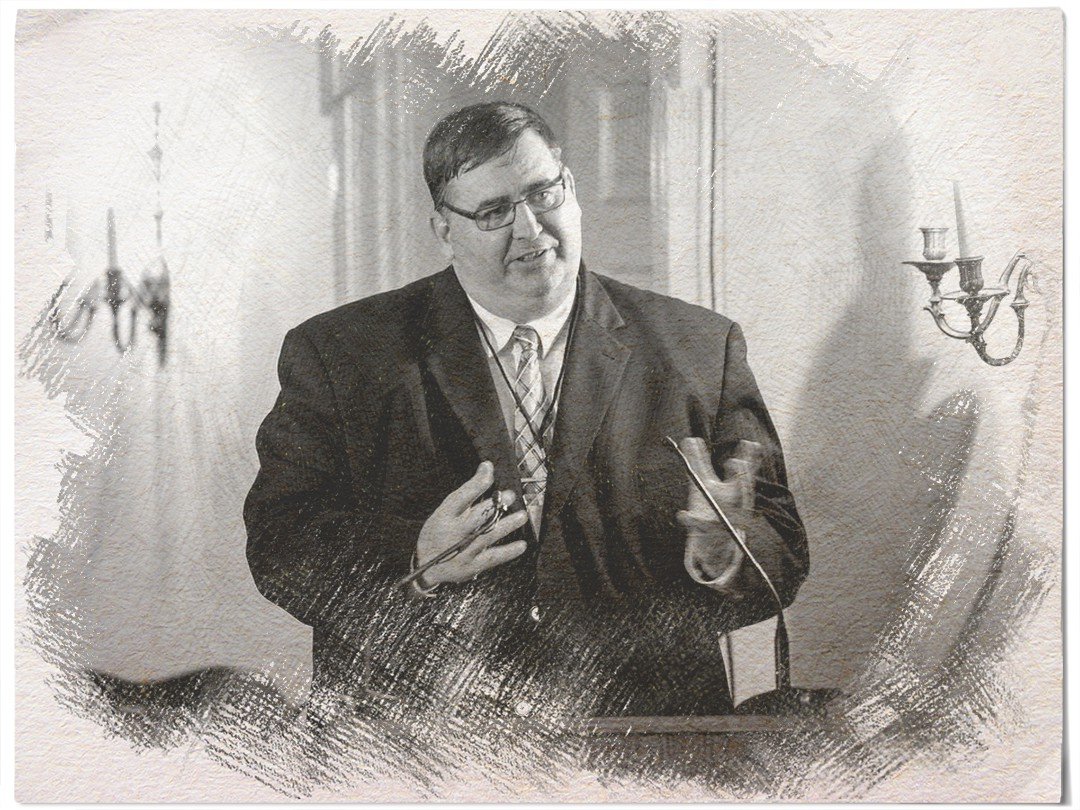In this guest post, Knut Rostad, President and Founder of The Institute for the Fiduciary Standard, discusses a recent article in Wall Street Journal and Wall Street's surprising admission. Thank you, Knut, for your continued advocacy in this area, and for the insights you share here.
_______________________________________________________________
Friends,
Yesterday's WSJ column by Jason Zweig captures the
essence of the "discussion" in Washington on what "fiduciary" should
mean. It is the "discussion" between the Department of Labor (DOL)
and the brokerage industry regarding an anticipated DOL rule to modernize ERISA
to ensure brokers act "solely for the benefit of their clients when advising
on individual retirement accounts." (See link below.) The DOL's rule has NOT
been released and its provisions are unknown; it may be released to the public by December.
Zweig's depiction describes the state of the
"discussion," and, unfortunately, evokes NPR's warning to listeners
before certain stories: "The topic we are about to explore may not be
suitable for our young listeners." Here, substitute "young
listeners" with "citizens."
The discussion is very disheartening, clearly "not suitable"
for a political system that strives to function effectively.
Assistant Secretary of Labor Phyllis Borzi explains that
the "Conflict of Interest Rule" will seek to reduce conflicts of
interest in the retirement investment marketplace by, among other things,
making "advisers legally accountable for the advice they provide."
OK. What's so bad about seeking to reduce conflicts of interest? The brokerage
industry replies - plenty.
The brokerage industry here is represented by the
Securities Industry and Financial Markets Association (SIFMA), whose new
president, former Senator Judd Gregg, just took the helm of SIFMA recently.
Gregg represented New Hampshire in the Senate for eighteen years and became a
highly respected member and then Chair of the Budget Committee.
SIFMA and other broker and insurance groups,
none-the-less, have been asserting at the top of their lungs for months and
months the new rule -- a rule that they have not seen and they do not know what
it may or may not include -- will result in nothing short of devastation.
"Devastation" may be an understatement, if these
groups are to be believed.
Gregg insists, as quoted by Zweig, about the new rule
that he and no one else has seen: "It's a dangerously large expansion that
would chill all kinds of activity. Its going to be destructive. The folks with
small accounts are going to lose the ability to get advice, and their costs
will go up."
The DOL seeks to reduce conflicts of interest and the
securities industry replies that doing so would be "destructive" and
result in "small accounts" having no access to advice or guidance. To
this, Borzi replies, "The industry is saying, in effect, 'If you don't
allow us to continue to give conflicted advice, we won't be able to give
any.'"
The crux of the industry argument is a public admission
it can no longer afford to act "solely for the benefit of their
clients," as it is legally required to do under ERISA. This admission is not a one-off
statement; it has been repeated again and again in various forms. That an
industry's central argument against modernizing regulations - that it can no
longer do what's right for the client - should be considered, at the very least,
an odd admission of a gigantic failure. A gigantic failure when, at the very
same time, registered investment advisors (RIAs) ARE apparently doing whats
right for the client, or at least not waging a campaign based on their
inability to do so.
Such an admission of a gigantic failure in other
industries where competitive market forces matter would have dire consequences
for the industry and the those responsible for the failure. Here, in 2013, this
admission is apparently believed to be an effective PR strategy.Time will
tell. In the meantime, read Zweig's article and decide for yourself.

No comments:
Post a Comment
Please respect our readers by not posting commercial advertisements nor critical reviews of any particular firm or individual. Thank you.